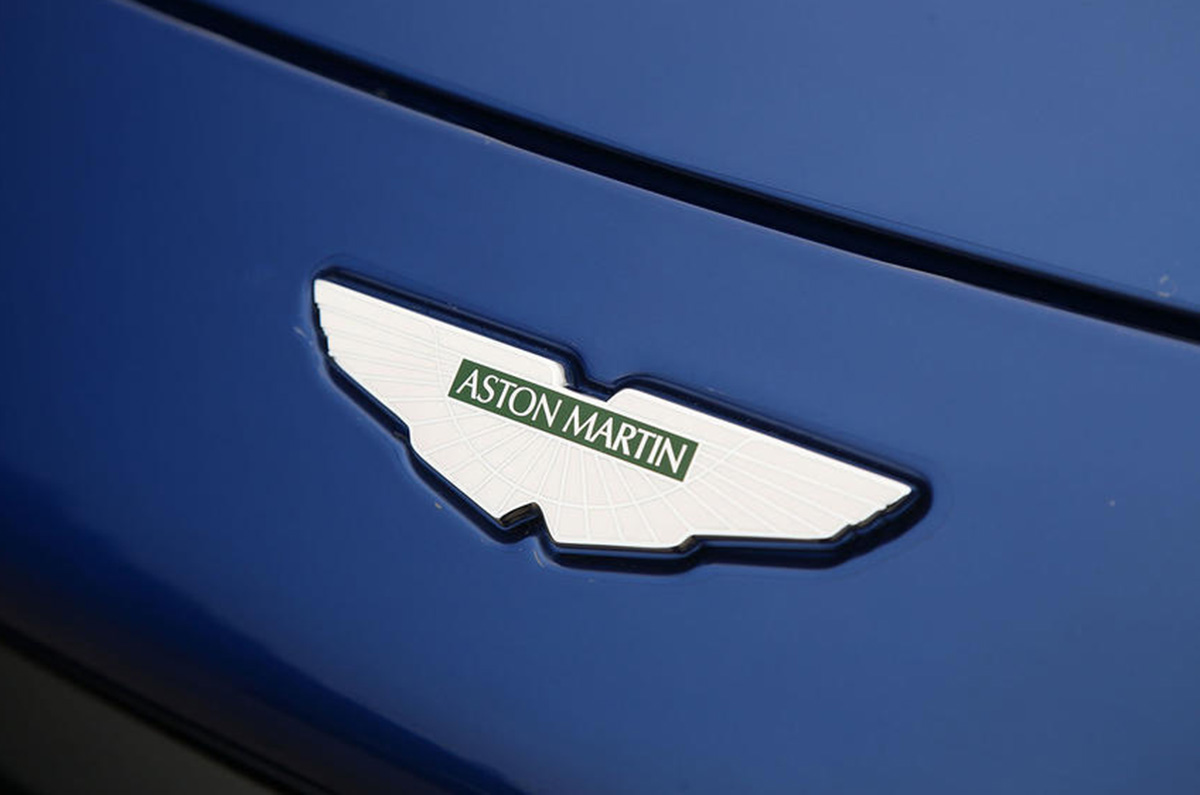
Mercedes-Benz will take a major stake in Aston Martin as part of a strategic technology agreement that will underpin a plan for the British firm to double its sales by 2025.
- Aston Martin will get access to Mercedes’ electric and hybrid powertrains
- Mercedes will increase its stake in Aston Matin up to 20 percent
- Aston plans to sell 10,000 vehicles a year by 2025
Mercedes-Benz and Aston Martin revised agreement
The agreement expands the existing relationship between the two firms, and will include Aston Martin gaining access to Mercedes’ technology, including electric and hybrid powertrains, that will form a key part of its expansion plans.
In a release, Aston said that the deal included "powertrain architecture (for conventional, hybrid, and electric vehicles) and future oriented electric/electronic architecture, for all product launches through to 2027."
Aston Martin future plans
While the firm declined to outline exactly what products were planned under the new agreement, new Aston Martin CEO, Tobias Moers, said that the first Aston vehicles utilising technology from the deal would be launched late next year. He said, "it needs a little time to get the technology in different products" but added, there would be "a kind of product firework in 2023".
With the new agreement in place, Aston Martin has targeted selling around 10,000 vehicles a year by 2025, and is aiming for revenues of around £2 billion (approx. Rs 19,259 crore) and EBITDA profits of around £500 million (approx. Rs 4,815 crore). For comparison, the marque sold 5862 vehicles in 2019.
Lawrence Stroll, whose investment consortium completed its takeover of Aston Martin, earlier this year, said that the 10,000 sales would be comprised of front- and mid-engined sports cars and "a portfolio of SUV products", hinting of new models joining the recently introduced DBX. Around 20-30 percent of Aston's sales by 2024 will be hybrid models. Stroll said that the firm didn't plan to launch a full EV until 2025.
Mercedes-Benz’s role
Under the agreement, in return for the technology, Mercedes-Benz will gradually increase its stake in Aston Martin up to a maximum of 20 percent, providing a welcome boost in investment for Aston and making the German giant one of Aston’s largest shareholders. The technology will be supplied "on commercial terms". Mercedes previously owned around 2.3% of Aston Martin shares, as part of a deal that involved its AMG performance arm developing a bespoke V8 for Aston.
Aston Martin production
While the deal will give Aston Martin access to Mercedes-Benz powertrains and technologies, these will be installed in Aston-built vehicles, which will continue to utilise the British firm's platforms and technology in other areas. Stroll insisted, the firm would continue to produce all its own vehicles at its Gaydon and St Athan plants.
Aston Martin EVs and Lagonda brand
Aston has launched the DBX SUV this year, which will play a major role in growing sales in the future. The new deal is a huge boost to Aston Martin's future plans, giving it access to proven electric vehicle technology without the need to develop its own EV systems. Since taking over, Stroll has already suspended plans to relaunch the Lagonda brand as a range of luxury EVs.
Moers said the plan for Lagonda to become Aston's EV flagship had been abandoned, but hinted that there was still a future for the historic nameplate, he said, "Lagonda is not the brand for electric cars any more. Lagonda has a different purpose for the future. Electric cars are supposed to be Aston Martin."
Also see:
Aston Martin Victor one-off V12 supercar revealed
F1 2021: Vettel to join Aston Martin next year
Aston Martin DBX production commences
Aston Martin DBX could spawn 7-seat, Coupe derivatives
Comments
Post a Comment